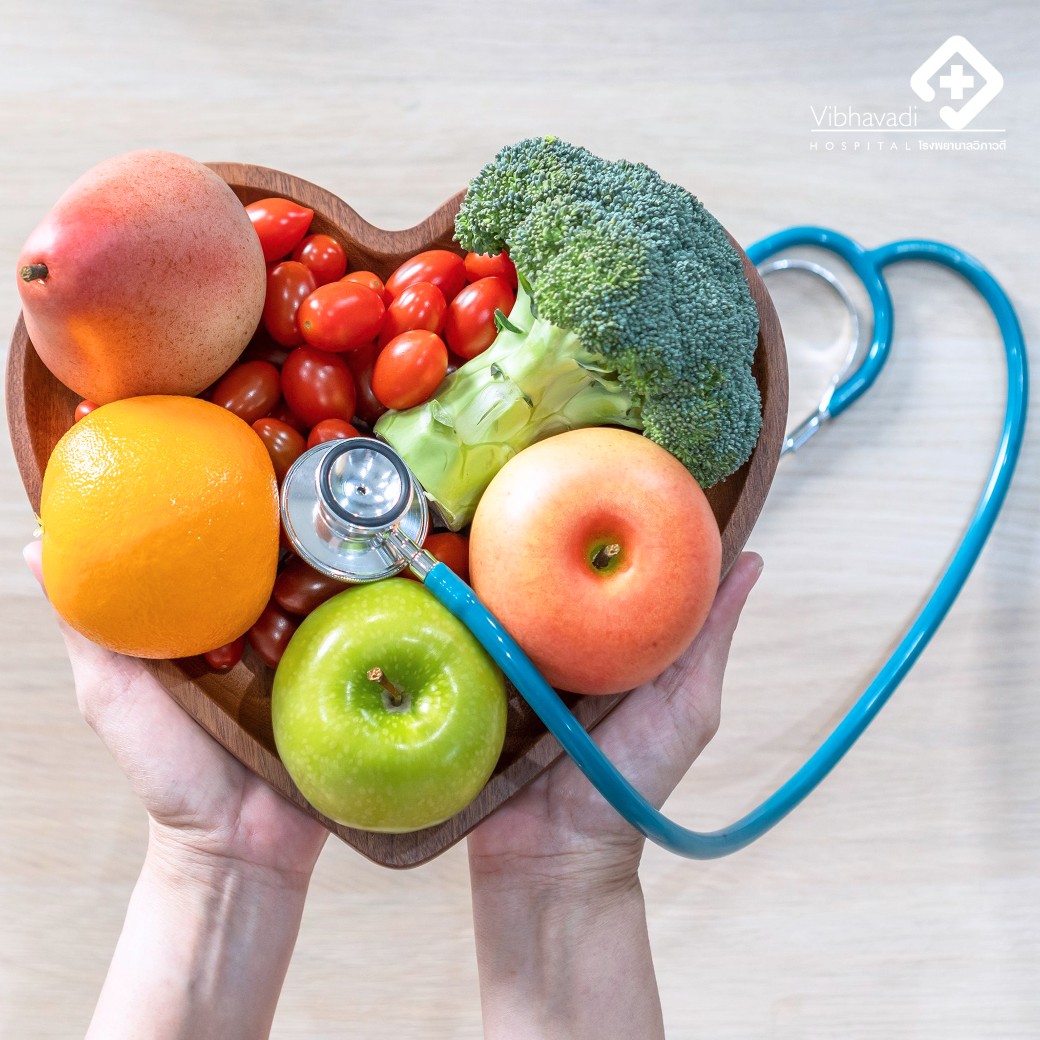
Hyperlipidemia and coronary heart disease
Hyperlipidemia and coronary heart disease
Fat is an important component of the body. It is a component of all types of cells, especially cell walls, and is a reserve energy source stored in the form of fat cells. Abnormally high levels of fat in the body are strongly associated with the development of coronary artery disease.
- There are two sources of fat in the body: fat synthesized by the body and fat obtained from food.
- Fat obtained from food can be divided into two types: plant-based fat and animal-based fat.
- Animal-based fat includes fat obtained from animal-based foods such as meat, animal fat, animal skin (duck skin, chicken skin), animal fat (pork fat, beef fat), egg yolks, brain and animal organs, which contain an important component called "cholesterol".
- Plant-based fat, which is mainly composed of "triglycerides", is obtained from foods such as coconut milk, flour, and sweet foods that contain a lot of sugar. This type of fat is also believed to contribute to the development of coronary artery disease, but its importance is less than that of cholesterol.
Regardless of its form, all fat consumed will be broken down by enzymes and bile from the liver in the small intestine. The resulting small fatty acids and lipid components are then absorbed into the bloodstream and processed in the liver to be utilized or stored in the body. These fats come in different forms, such as cholesterol, triglycerides, and phospholipids, which can be classified into two to three types of lipoproteins: high-density lipoprotein (HDL), intermediate-density lipoprotein (IDL), and low-density lipoprotein (LDL).
Approximately 60-70% or two-thirds of the fat present in the blood we examine come from the fats we create. LDL, or low-density lipoprotein, is considered unhealthy because it is deposited in the walls of blood vessels, leading to the hardening of arteries or atherosclerosis. LDL has an important component, cholesterol, which can cause it to seep into damaged or abnormal sections of artery walls, triggering an immune response that results in the accumulation of white blood cells, smooth muscle cells, fibronectin, and other substances. This causes the arterial wall to thicken and form a bump or plaque. If this occurs repeatedly in multiple locations, atherosclerosis may develop, which can lead to constricted or blocked blood vessels, particularly in the heart's arteries.
On the other hand, high-density lipoprotein (HDL) is considered good cholesterol that carries excess cholesterol from the arterial walls back to the liver to be broken down and eliminated from the body. It also has an anti-inflammatory effect, helping to reduce the risk of heart disease.
When will the doctor treat you?
If you have high cholesterol, such as greater than 240 mg%, or a total cholesterol value in low-density lipoprotein that is higher than normal, the doctor will examine whether there are risk factors for developing coronary artery disease. If you have risk factors such as having cardiovascular disease in other areas, smoking, diabetes, high blood pressure, a family history of death from heart disease, postmenopausal women, or advanced age, you are considered to have a high risk rate. You or patients in this group should receive full treatment.
Triglycerides are less associated with coronary artery disease than cholesterol, but if they are too high, they need to be treated. If you already have coronary artery disease, you must treat both high cholesterol and high triglycerides.
Treatment
Treatment for high blood lipid levels such as LDL cholesterol levels higher than 160-180 mg/dL and triglyceride levels higher than 240 mg/dL, as well as other risk factors for heart disease, involves the following steps:
- Patients need to control their diet for about 1-3 months.
- After 1-3 months, the blood lipids are rechecked. If the levels of bad lipids (LDL cholesterol and triglycerides) are still high, medication to lower blood lipids may be necessary. Currently, there are 4 groups of lipid-lowering medications available in the market: fibric acid derivatives, statins, resin, and ezetimibe. Statins have been proven to significantly reduce the risk of cardiovascular disease mortality in clinical trials. Each group of lipid-lowering drugs has its own advantages and disadvantages, and it is recommended to consult with a doctor before using them.
- Attempt to lower the total cholesterol level to less than 160 mg/dL and the bad lipids (LDL cholesterol and triglycerides) to less than 130 mg/dL, or reduce them by 30-50% from the previous levels.
- Diet control and medication use should be continued together.
Principles of dietary control:
The food should contain less than 30% fat and cholesterol levels should be between 200-300 mg per %.
If the cholesterol level is high:
- Avoid foods such as egg yolks, animal fats (pork fat, beef fat), animal organs (liver, kidney, heart, lungs, intestines, and brain), various animal oils, red meat (beef, pork), duck skin, chicken skin, duck eggs, squid, and clams.
- Avoid fried foods and instead choose to grill, roast, boil, or bake.
- Use vegetable oils that are low in saturated fats such as soybean oil, corn oil, or rice bran oil for cooking.
- Green leafy vegetables can be eaten without restriction.
- Lose weight.
If the triglyceride level is high:
- Avoid foods such as coconut milk and sweet desserts.
- Exercise to lower triglyceride levels.
- Reduce alcohol and beer consumption.
- Lose weight.
Other things you should know:
- Blood lipid level should be checked by fasting for at least 10-12 hours (not 6 hours), including a test for triglycerides along with cholesterol. However, drinking water is allowed.If you want to check only for unhealthy fats (LDL cholesterol), fasting is not necessary.
- Medications to reduce blood lipids do not reduce belly fat or body weight because belly fat is a different type of fat than the fat in the blood.
- If there are no risk factors for heart disease, a total cholesterol level below 240 mg/dL and an unhealthy fat level (LDL cholesterol) below 130 mg/dL are acceptable.
- Fish oil has the ability to reduce triglycerides and increase high-density lipoprotein (HDL) cholesterol, but does not reduce low-density lipoprotein (LDL) cholesterol.
With best regards from Vibhavadi Heart Center.














